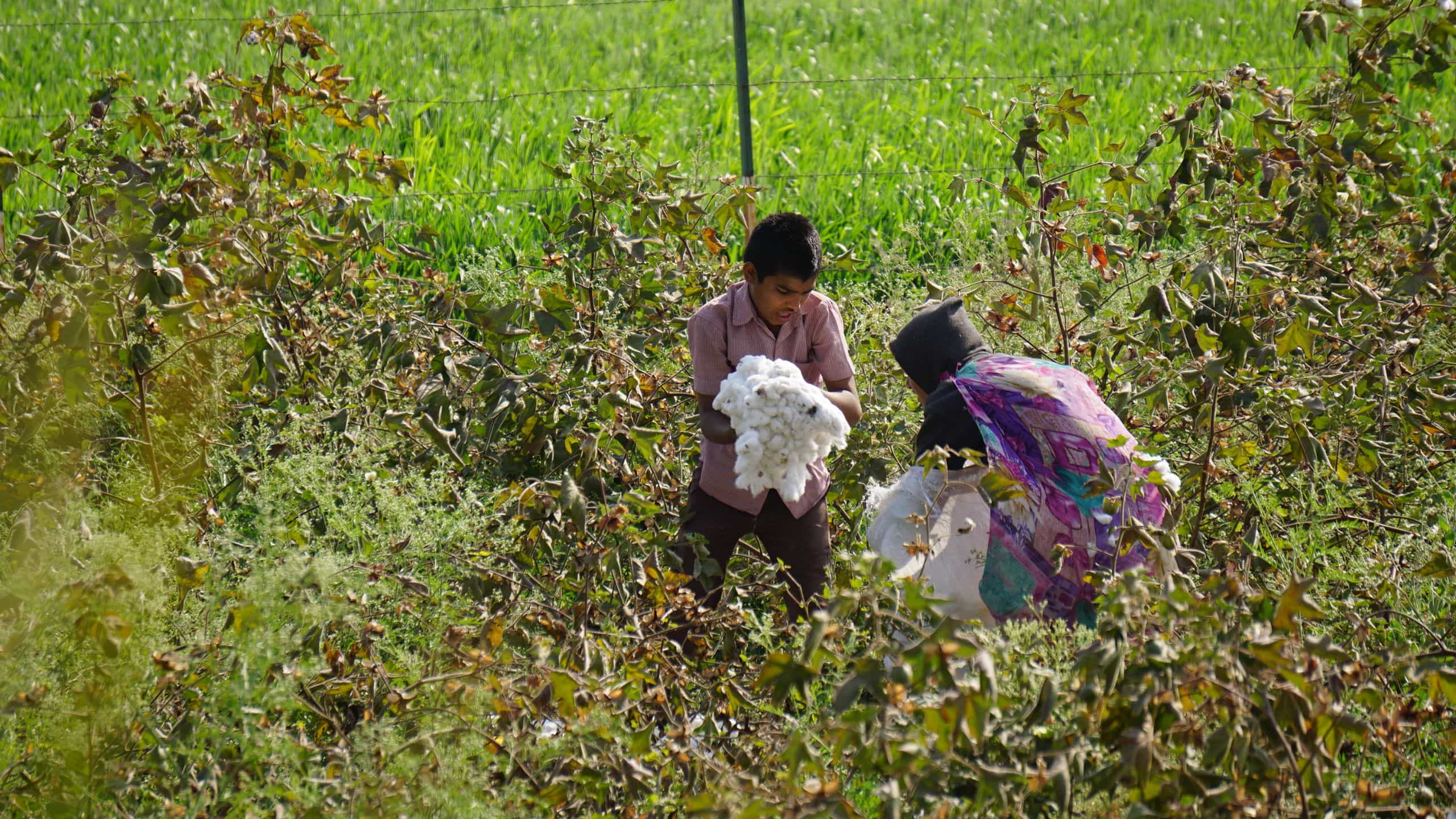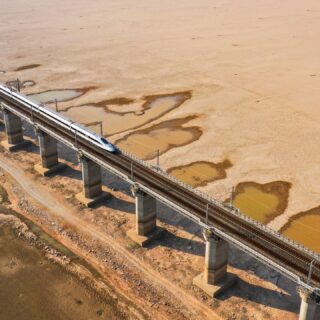Water engineers and scientists have a major role to play
Water Security Needs Global Solutions
Array
(
[code] => 200
[status] => success
[message] => success
[cover] => https://img.videocc.net/uimage/1/16b1f803c0/first_image/428a725e-ecf5-4a52-ab01-5303fc2d346e_b.jpg!l1280Q85
[sd] => https://mpv.videocc.net/16b1f803c0/f/16b1f803c0e2b200712b740cbb30c39f_1.mp4
[hd] => https://mpv.videocc.net/16b1f803c0/f/16b1f803c0e2b200712b740cbb30c39f_2.mp4
[uhd] => https://mpv.videocc.net/16b1f803c0/f/16b1f803c0e2b200712b740cbb30c39f_3.mp4
[des] => Video editor: T D Zhou
With special thanks to Prof Falconer for proof-reading the English script
CC BY-ND 4.0
[width] => 1080
[height] => 1080
[vid] => 16b1f803c0e2b200712b740cbb30c39f_1
[title] => Falconer 2021: global solutions to water security
[duration] => 00:01:27
)
Many of us may think that getting water is easy — it only requires you to turn on a tap, which is even easy for a child. However, around 1.2 billion people around the world lacks access to safe drinking water, and 2 billion people lacks basic sanitation facilities. Global data shows that, the number of people who don’t have access to basic sanitation is even more than those who can’t have cell phones. This has created enormous inequalities over spaces and gender. In developing countries, women and children have to walk on average 5 kilometres a day to bring home 20 litres of water. Moreover, flooding is causing significant economic loss while also threatening public health via degraded water quality.
Under global changes including climate warming and population growth, Prof Falconer argues that, we need to address water security from a global perspective with integrated approaches. Only by taking into consideration the entire process from ‘cloud to coast’, and ‘virtual water’ flows under global trading, could we fully understand the catchment scale water cycle. This makes it insufficient to focus on technology only, and requires interdesciplinary collaboration that addresses the interests of different stakeholders, account fully for political considerations, and incorporate more social science into the engineering, research and policy making about water.
To support global water security and deliver the Sustainable Development Goals, water engineers and scientists have a major role to play. This would include delivering solutions to water security at global level, promoting public education and awareness of the water-food-energy nexus and virtual water flows, pricing water appropriately in product manufacturing, developing low-cost wastewater treatment technologies for agriculture and industries, applying nature-based solutions widely in combating climate change and restoring global ecosystems, improving water use efficiency in agriculture, synergising cross-desciplinary teamwork, and promoting investment in the global research and development around water security.
Full paper
- Falconer, R.A. 2021. Water security: Why we need global solutions. Engineering. doi: 10.1016/j.eng.2021.10.009.





One thought on “Water Security Needs Global Solutions”
Nice, I Like